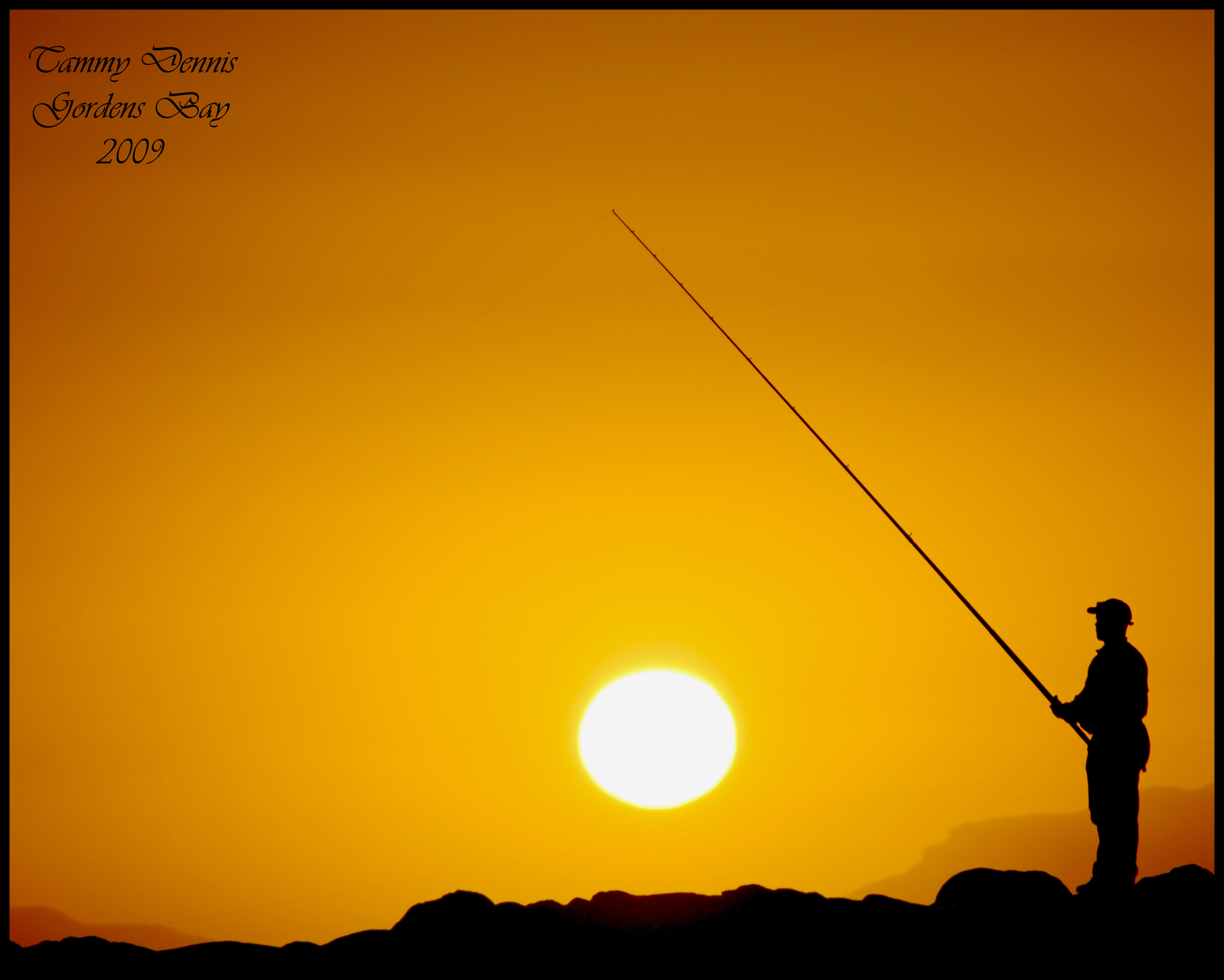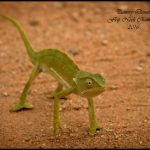Southern Africa has some of the best game fishing to offer, with many fish migrating from the west coast to the east coast of Africa to breed, whilst other species stay in fresh waters where they are sort after for their aggressive nature.
Fishing or angling (the art of catching no fish. A little club joke we had) has been around more than 40 000 thousand years, since then there has been dramatic changes starting off with bone hooks, today machinery is taking over this age-old art of survival. When you speak to the older generations of local fisherman in Namibia, they have many stories to tell of giant fish once caught along the shores. Today the fish caught are often getting smaller to what was once caught, this is due to over fishing.
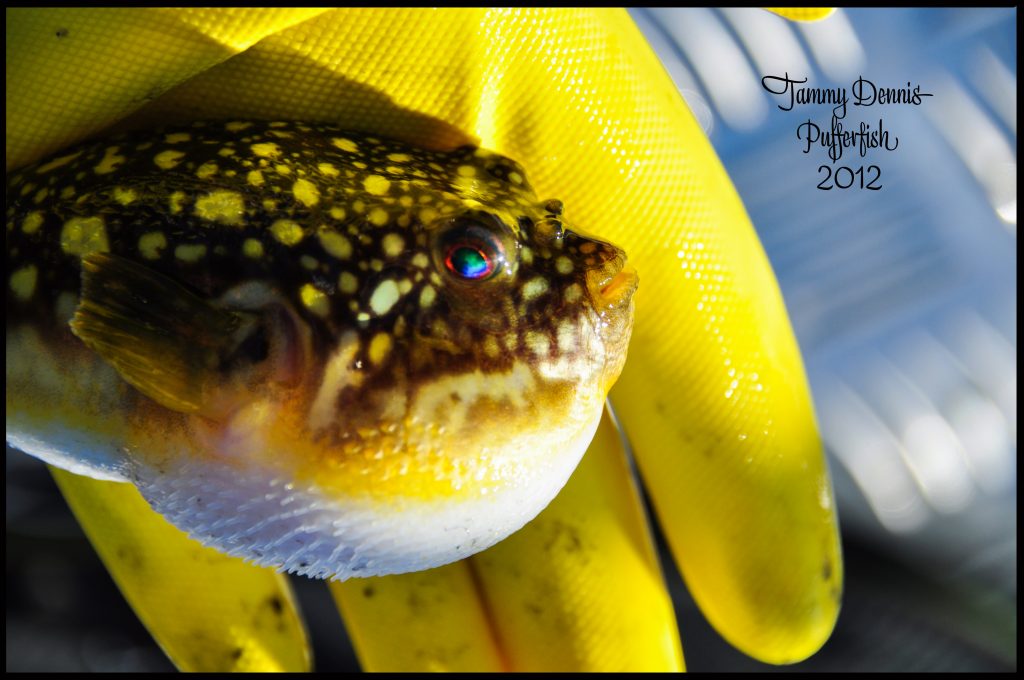 Recreational fishing is often frowned upon due to world wide knowledge of over fishing waters, however this is sustainable compared to commercial fishing. A single man catching a few fish who would not do this every day, the fish will have a fairer chance and once caught would be enjoyed with pride and respect, shop bought meats do not gain the same respect and easily wasted.
Recreational fishing is often frowned upon due to world wide knowledge of over fishing waters, however this is sustainable compared to commercial fishing. A single man catching a few fish who would not do this every day, the fish will have a fairer chance and once caught would be enjoyed with pride and respect, shop bought meats do not gain the same respect and easily wasted.
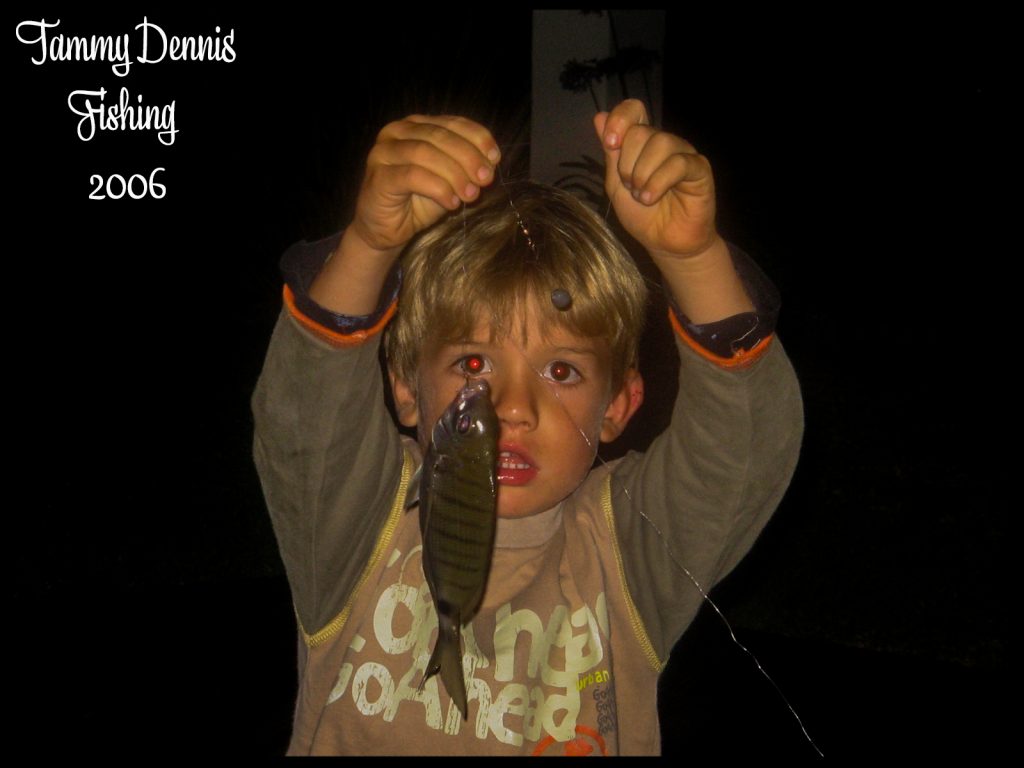 As a family I was lucky enough to explore this outdoor activity, whilst us kids built castles and swam in the sea, my mum would play with us or paint, but my dad would be there with his rod, and often us kids rods too, as we got bored easily, catching whatever would bite. Often this was sharks and he would throw them back. As the years rolled by our fishing holidays along the coast got upgraded to a boat, this was not only a new adventure, but brought us together as a family. When fish don’t bite and you have around 8 hours on a boat with no signal, you do find things to talk about and memories to bond over. With the added bonus of marvelous experiences to watch dolphins, whales, seal colonies, bird life, bio-luminescence and other amazing things to experience.
As a family I was lucky enough to explore this outdoor activity, whilst us kids built castles and swam in the sea, my mum would play with us or paint, but my dad would be there with his rod, and often us kids rods too, as we got bored easily, catching whatever would bite. Often this was sharks and he would throw them back. As the years rolled by our fishing holidays along the coast got upgraded to a boat, this was not only a new adventure, but brought us together as a family. When fish don’t bite and you have around 8 hours on a boat with no signal, you do find things to talk about and memories to bond over. With the added bonus of marvelous experiences to watch dolphins, whales, seal colonies, bird life, bio-luminescence and other amazing things to experience.
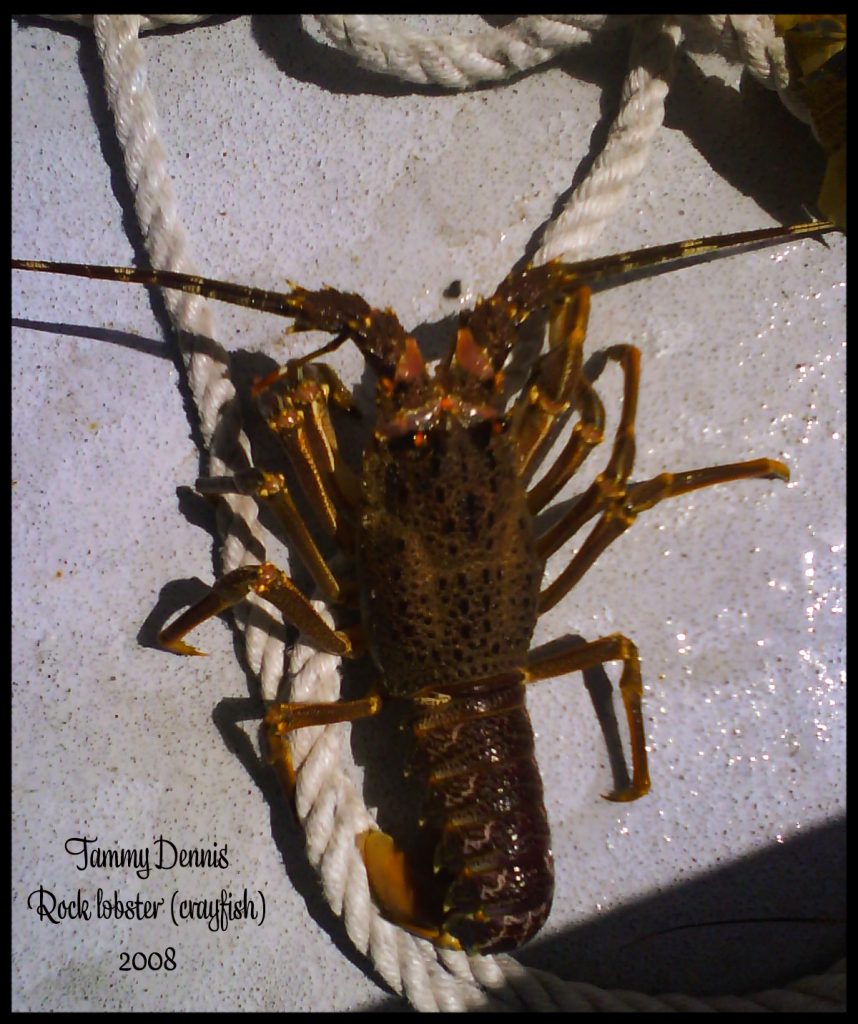 South Africa has a range of great fishing spots, I am mostly accustomed to False Bay area. It’s a large bay with many species of fish including Koblejou, geelbeck, red roman and shad just to name a few, outside the bay you have the opportunity for tuna fish. If you know tuna only from a can, as most people do, you might be shocked to know even the smallest species the skipjack tuna (2.5kg) is over 22 x the size of the average tin of tuna, where as the yellow fin tuna (70kg) which are often caught in these waters, are over 63 x the size of the can, quite a sight.
South Africa has a range of great fishing spots, I am mostly accustomed to False Bay area. It’s a large bay with many species of fish including Koblejou, geelbeck, red roman and shad just to name a few, outside the bay you have the opportunity for tuna fish. If you know tuna only from a can, as most people do, you might be shocked to know even the smallest species the skipjack tuna (2.5kg) is over 22 x the size of the average tin of tuna, where as the yellow fin tuna (70kg) which are often caught in these waters, are over 63 x the size of the can, quite a sight.
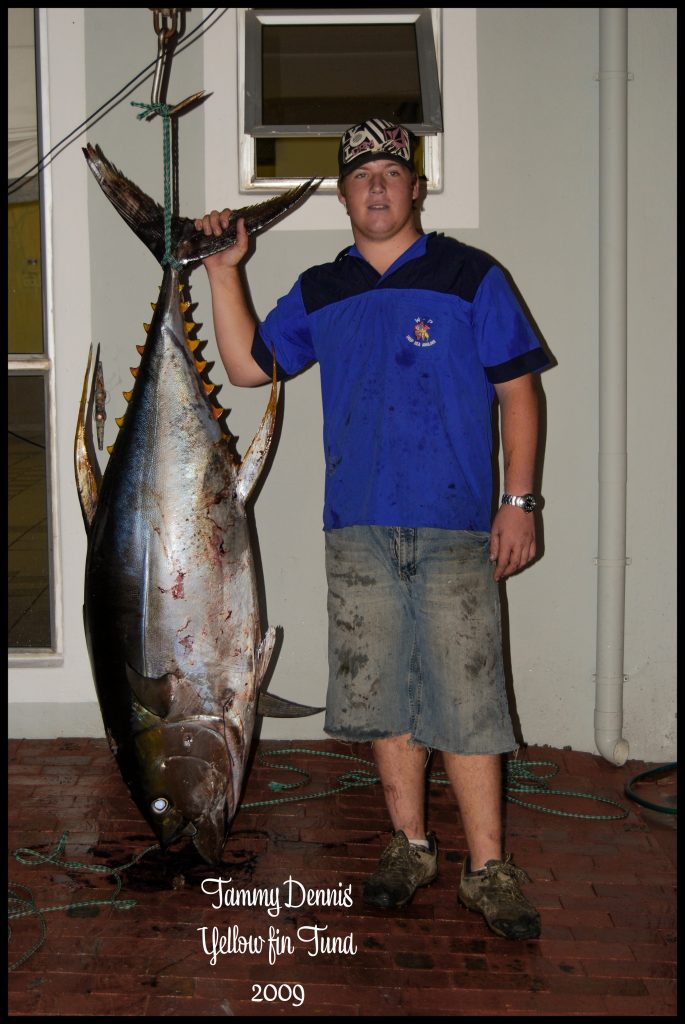 As you travel further up the coast to Mozambique you start to have a new species of fish, that are quite different all together, with some having great big sails that leave the waters, and beautiful colors that seem to celebrate the tropical vibes. Here catch and release is quite predominant with most fish, with many rules and regulations helping anglers help with conservation allowing both sides to be part of something bigger and moving forward in conserving the environment.
As you travel further up the coast to Mozambique you start to have a new species of fish, that are quite different all together, with some having great big sails that leave the waters, and beautiful colors that seem to celebrate the tropical vibes. Here catch and release is quite predominant with most fish, with many rules and regulations helping anglers help with conservation allowing both sides to be part of something bigger and moving forward in conserving the environment.
Inland you have fresh water fish when you start to explore the rivers, lakes and lagoons, where fly fishing becomes better known. The more placid trout fishing can be done with the top places ranging from Western Cape along the east side to Limpopo, there is one fish known for its fierceness and tales are told about a voracious tiger fish that attacks humans with no fear.
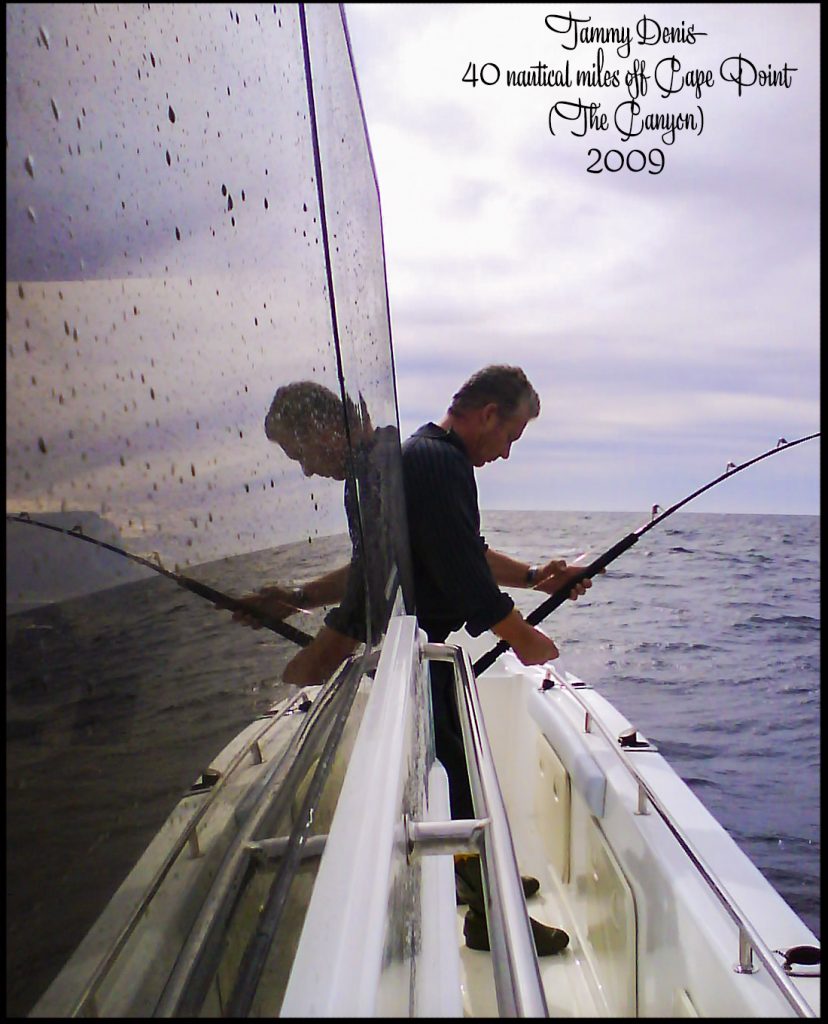 Fishing can be a wonderful way to understand where our food comes from, the power and beauty of nature, never take this for granted. Today due to over fishing and abuse towards the environment there is often permits, rules and regulations that need to be met before embarking on this activity, however I would recommend everyone give it a go, even a small line and sinker off a harbour wall, to catch the smallest of fish. There is no need to do great excursions for the best when you can experience something new in so many spots.
Fishing can be a wonderful way to understand where our food comes from, the power and beauty of nature, never take this for granted. Today due to over fishing and abuse towards the environment there is often permits, rules and regulations that need to be met before embarking on this activity, however I would recommend everyone give it a go, even a small line and sinker off a harbour wall, to catch the smallest of fish. There is no need to do great excursions for the best when you can experience something new in so many spots.

